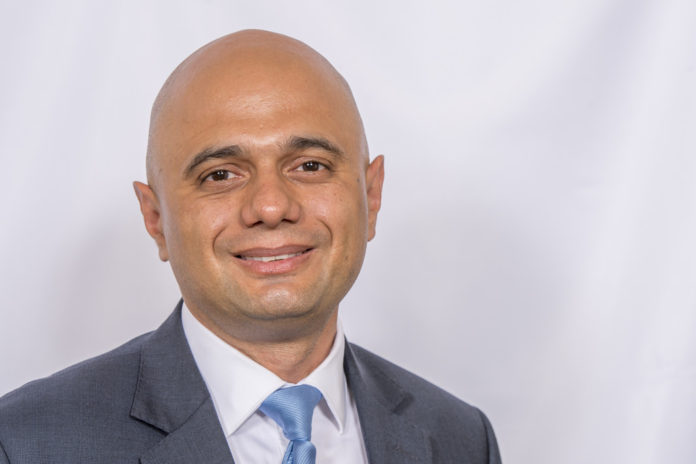
After decades of a stale status quo, where cannabis scheduling and prohibition stopped even basic research from happening, there is now movement in many European countries towards a rational medical system that will alleviate pain and improve quality of life for millions of people.
In Europe, it is the United Kingdom that is suddenly emerging as the most exciting country in this space.
Prohibition has not ended and the laws there remain strict, with cultivation and sale of the cannabis plant banned.
But a door has opened to a new frontier of cannabis-based medicines, and the journey to a fully-regulated medical market has started.
In the summer, in response to the high-profile Billy Caldwell case and the campaigning of Families 4 Access, the new Home Secretary, Sajid Javid, confirmed that following advice, cannabis would be rescheduled and the government would institute a new licensing regime to permit certain medical cannabis products meeting an agreed definition to be available on prescription for the first time.
Fortunately, while the politics in the UK are far from simple, and the policy has not yet taken effect, this represents a dramatic and irreversible shift. And the context is encouraging too: almost everything that needs to be in place to support this new frontier in medicine is present in Britain.
In a developed, market economy with a population of nearly 70 million, the demand is clearly there, with an estimated half a million or more patients who might benefit initially from a cannabis-based medicine, depending on what conditions are included.
And the popular support for such provision is already overwhelming, with 78 per cent supporting it according to a Populus survey in March.
Read also: Shoppers Drug Mart to sell medical marijuana online
Read also: B.C. releases updated cannabis rules ahead of legalization day on Oct. 17
Britain has commercial and scientific strengths that other countries envy. London is Europe’s capital of banking and finance and funds and investors based there are already directing tens of millions into the nascent sector, according to Prohibition Partners.
In GW Pharmaceuticals, the UK already has a prominent listed company.
The UK’s world-class research base of universities and private institutes are lining up to study the cannabis plant, and explore the new possibilities for processing and the many derivatives that might have value in medical applications.
And structurally, the UK has a benign healthcare environment where medical cannabis can flourish.
The National Health Service (NHS) – a popular, 70-year-old institution that provides healthcare free at the point of use – could offer the products.
And though prescription charges exist, all treatment and drug charges are funded by the general taxpayer, so insurance coverage is not a factor.
Eventually, cannabis-based medicines that become available on prescription could be authorized by specialist clinicians, or even GPs, and dispensed at one or more of the major pharmacies.
Some treatments might eventually even be available over the pharmacy counter without prescription.
Some pure CBD products are already for sale in health food stores, because without THC, the UK does not classify them as a controlled substance.
For countries to take full advantage of the possibilities that are presented by the end of prohibition, they need to regulate in a way that empowers research, enables fast and fair patient access, and encourages innovation. That needs private investment, knowledge partnerships, and an open licensing regime that meets the multiple needs of patients – even as our evidence-base expands over time.
New clinical trials will be critical, as will education efforts among physicians to build understanding and tackle misconceptions.
And to help doctors develop specialisms and to overcome their anxiety, new centres of excellence within the existing health system could be needed.
All of this will take years, but to start it still requires good regulation, smart policy-making, and political skill to implement it effectively.
The UK needs to learn from Canada and other countries to set policy in a way that makes its first medical regime sustainable.
And it also needs to regulate in a way that takes advantage of what the market can offer, without liberalizing too quickly, or stoking demand that cannot be met.
Patients need a fair and uncomplicated system that guarantees access, even if not all those who might eventually benefit can gain a medical product immediately.
And the UK will need independent bodies – like the new Centre for Medicinal Cannabis and the Beckley Foundation – along with influential patient groups and condition charities, to work together to help shape the new medical system.
Legalization is a process, not an event. What took Canada twenty years, might take other countries five. Now is the window of opportunity to utilise all of the UK’s strengths to build a world-class medical cannabis regime.
Blair Gibbs is a policy consultant living in Vancouver and an advisor for VolteFace, a drug law reform think-tank, and a director of the Centre for Medicinal Cannabis in the UK.


















